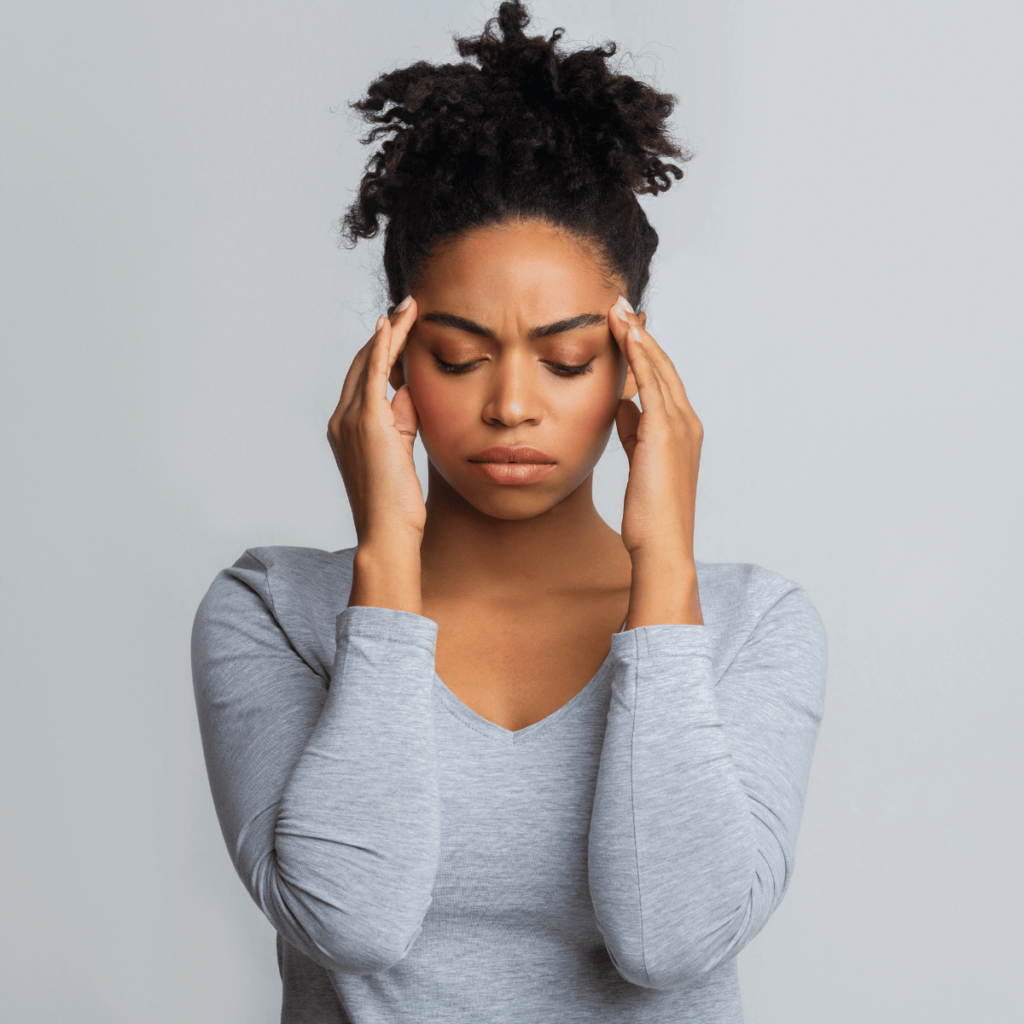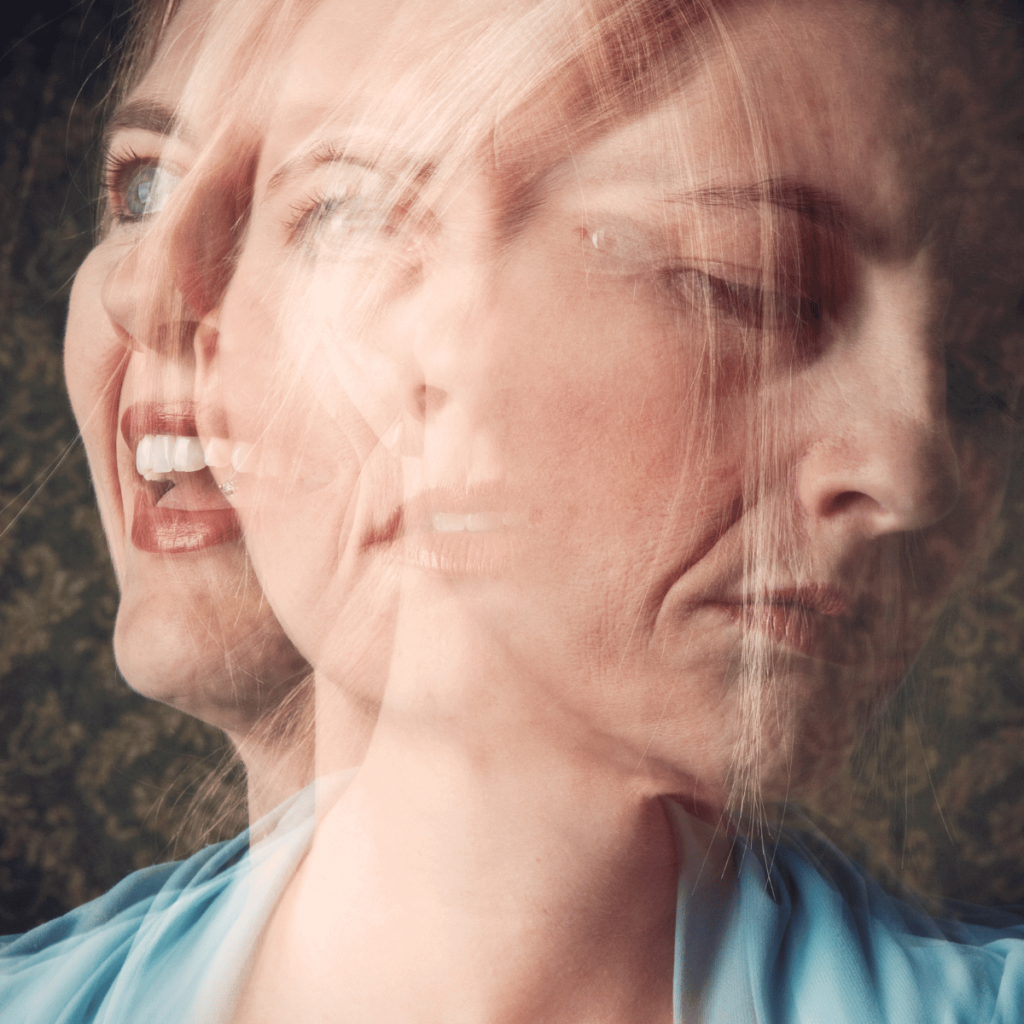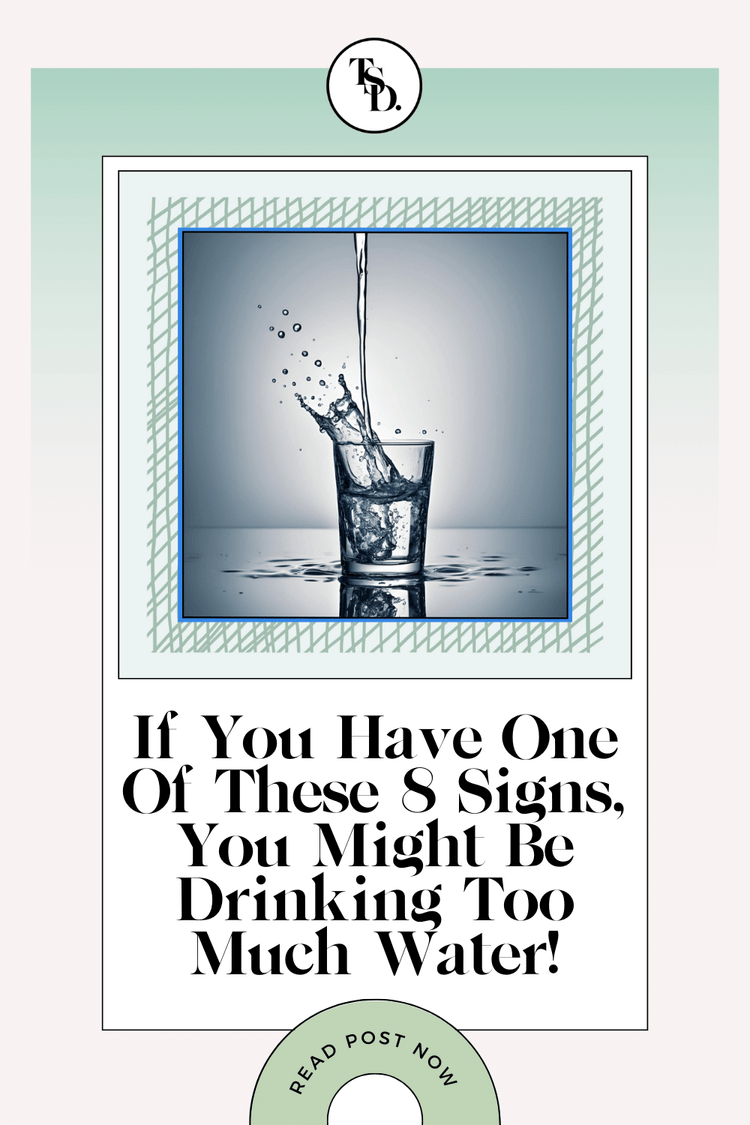Heads up! We may use affiliate links in this post. You'll never pay more, but we might earn a small commission if you buy - thanks for supporting us! See our full disclosure here.
We’ve all heard about the importance of staying hydrated, but did you know there’s such a thing as drinking too much water? It might sound counterintuitive, but overhydration is a real thing, and it’s worth paying attention to!
In this post, we’re exploring the less-talked-about side of hydration: the signs of too much water consumption. While it’s rare to overhydrate, it can happen, especially if you’re really dedicated to meeting those daily water goals.
We’re about to explore 8 unexpected signals that might indicate you’re taking in more water than your body needs. From subtle changes in your bathroom habits to how you’re feeling throughout the day, these signs are your body’s way of saying, “Hey, maybe ease up on the H2O a bit.”
Let’s explore these hydration insights together. It’s time to find that sweet spot between perfectly hydrated and, well, water-logged!
1. Constant Urination


Frequent urination, known as polyuria, can be a sign of excessive water intake.
While it’s normal to urinate several times a day, excessive urination without a corresponding increase in fluid intake may indicate overhydration.
According to Healthline, “urine volume is considered excessive if it equals more than 2.5 liters per day.”
They also note that excessive urine output could “signal health problems” such as bladder infection, urinary continence, diabetes, kidney failure, sickle cell anaemia, and certain kinds of cancer.
Symptoms may include:
Fever
Back pain
Leg weakness
Sudden onset of polyuria, particularly in young children
Mental disorders
Night sweats
Weight loss
Seek medical attention if you notice any of these symptoms.
2. Clear Urine
While clear urine is often considered a sign of adequate hydration, urine that is too clear may indicate overhydration.
“It’s completely normal for the colour of your urine to vary a little day by day,” says Dr. Peter Bajic at Cleveland Clinic, “but it should stay within a certain range of yellow.”
Clear urine means that the kidneys are excreting water in excess of what the body needs, potentially flushing out essential electrolytes like sodium and potassium.
3. Bloating
Contrary to popular belief, drinking too much water can lead to bloating.
Excess water intake can dilute the electrolyte concentration in the body and cause cells to swell up, leading to bloating and discomfort.
According to a 2013 study, the kidneys have a limit on how much water they can eliminate per day. It ranges between “20–28 liters of water a day, but they can remove no more than 0.8 to 1.0 liters every hour.”
Reducing water intake allows the kidneys to catch up.
4. Headaches


Similar to insufficient water intake, excessive water consumption can also lead to headaches.
“Drinking too much water can result in a condition called hyponatremia, which is a dangerous drop in blood sodium levels,” says Kristin Koskinen, RDN, a registered dietitian nutritionist who runs her own blog.
Low sodium levels can pose several dangers to your health. According to Mayo Clinic, “symptoms of hyponatremia can include nausea and vomiting, loss of energy and confusion. Serious hyponatremia can cause seizures, coma and even death.”
5. Nausea and Vomiting
Consuming too much water can overwhelm the kidneys’ ability to excrete it, leading to nausea and vomiting.
In such cases, seeking medical attention promptly is crucial, as severe cases of water intoxication can be life-threatening.
Medical professionals may administer intravenous fluids with electrolytes to restore balance or take other measures depending on the severity of the condition.
6. Fatigue


While proper hydration is essential for energy levels, overhydration can have the opposite effect, leading to fatigue and lethargy.
Hyponatremia-induced fatigue is a common symptom of overhydration.
According to WebMD, it does this by creating “a hormone reaction that makes you feel stressed and tired. If you can’t get out of bed after drinking too much water, it’s because your kidneys are overworking.”
7. Muscle Cramps
Muscle function depends on the proper balance of electrolytes, including sodium, potassium, calcium, and magnesium.
Hyponatremia can disrupt the ability of muscles to contract and relax effectively, leading to muscle cramps.
This electrolyte imbalance interferes with the transmission of nerve signals to the muscles, causing them to contract involuntarily and resulting in cramping.
Therefore, while proper hydration is important for muscle function and overall health, it’s essential to maintain a balance and not overhydrate, as excessive water intake can disrupt electrolyte levels and potentially lead to muscle cramps and other adverse effects.
8. Changes in Mood or Mental State


Excessive water intake can disrupt the electrolyte balance in the brain, leading to changes in mood or mental state.
A case study by Annals of Indian Psychiatry, reports two cases where hyponatremia was misdiagnosed as depression.
In both cases, each patient presented the following symptoms:
Sadness of mood
Lack of interest in previous pleasurable activities
Inability to do work
Decreased sleep
Save on Pinterest for later?


While staying hydrated is crucial for overall health, it’s essential to listen to your body’s signals and avoid overhydration.
Monitoring fluid intake and being aware of the signs of excessive water consumption can help maintain proper hydration levels and prevent potential health complications.
As with any health-related concern, consulting with a healthcare professional is recommended for personalised advice and guidance.







